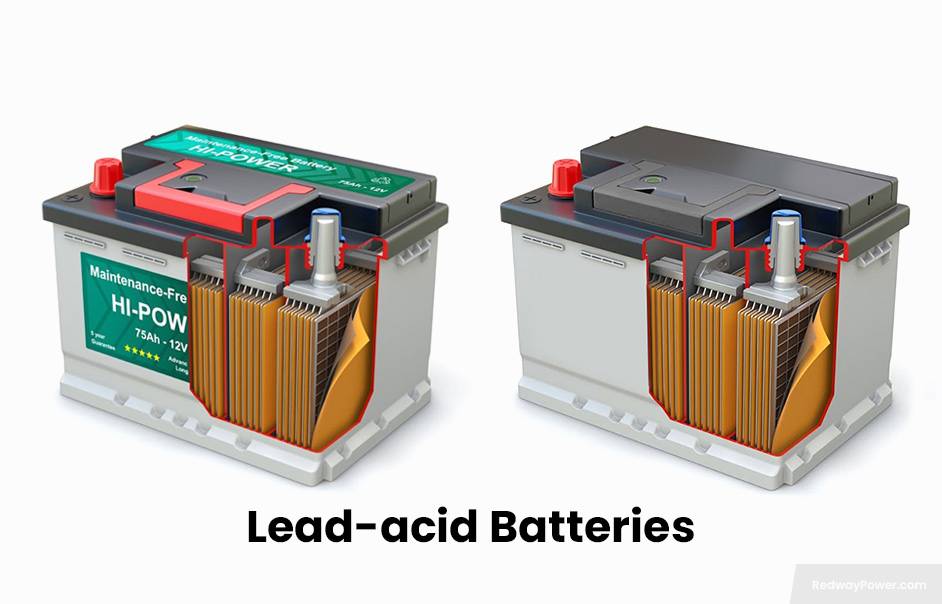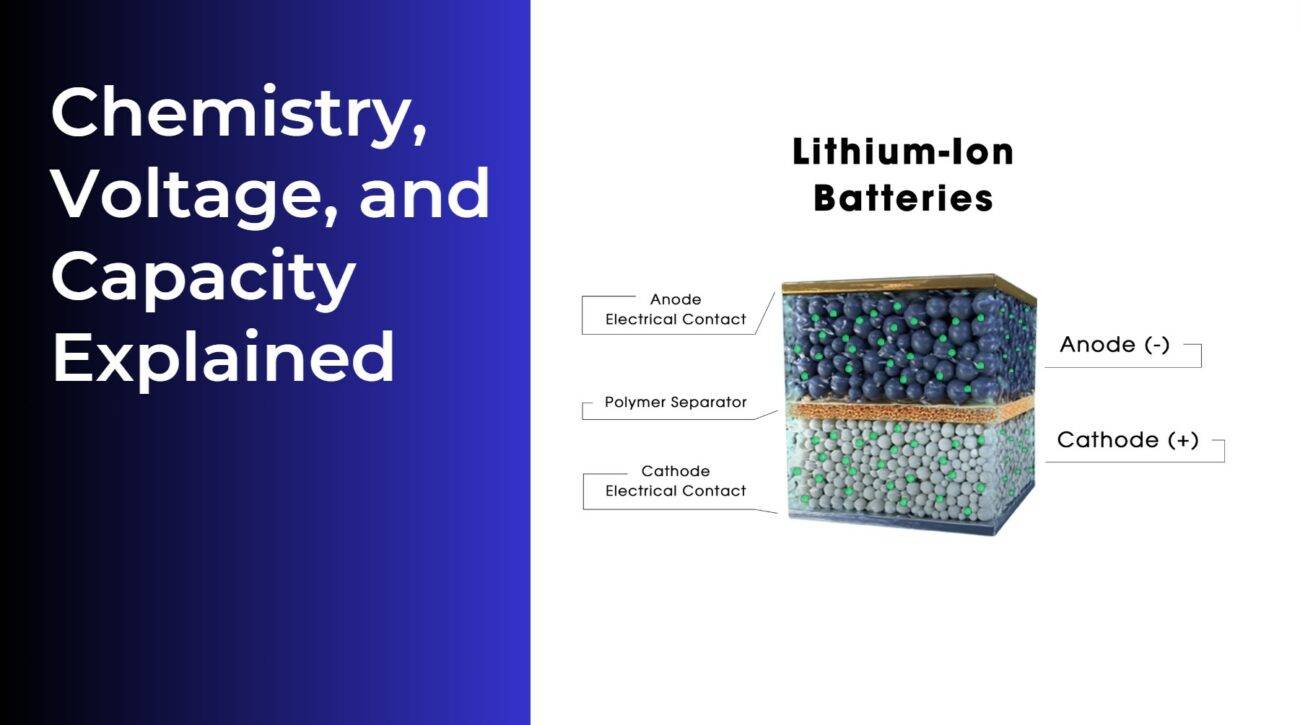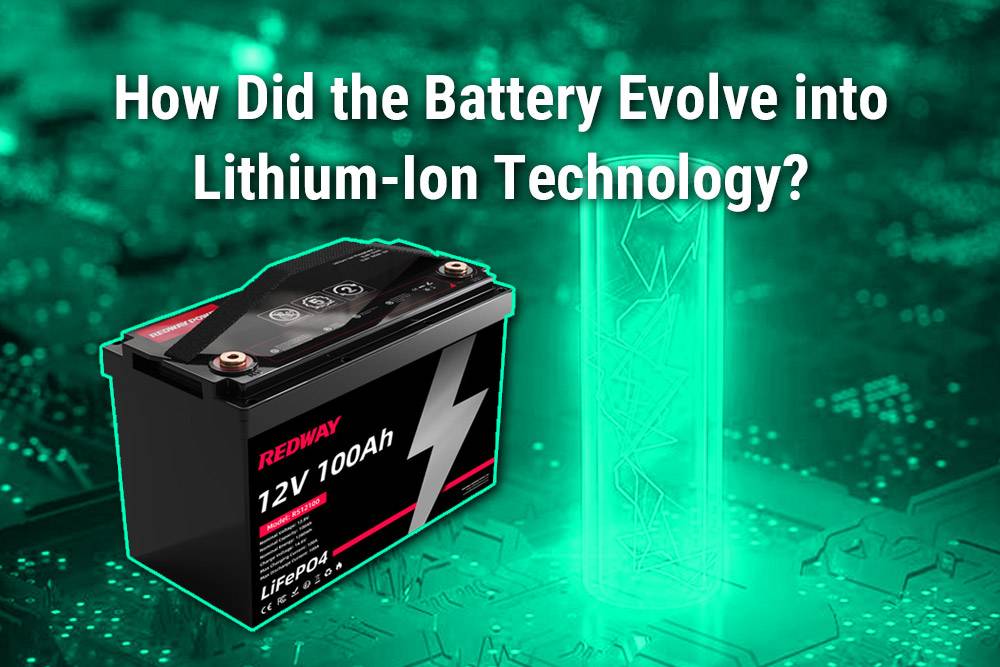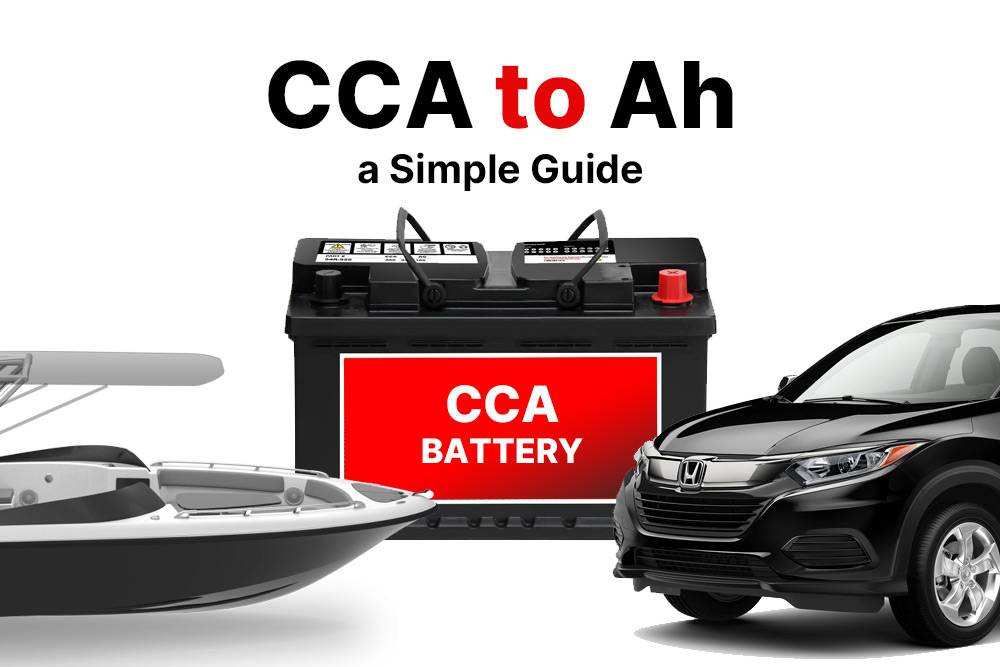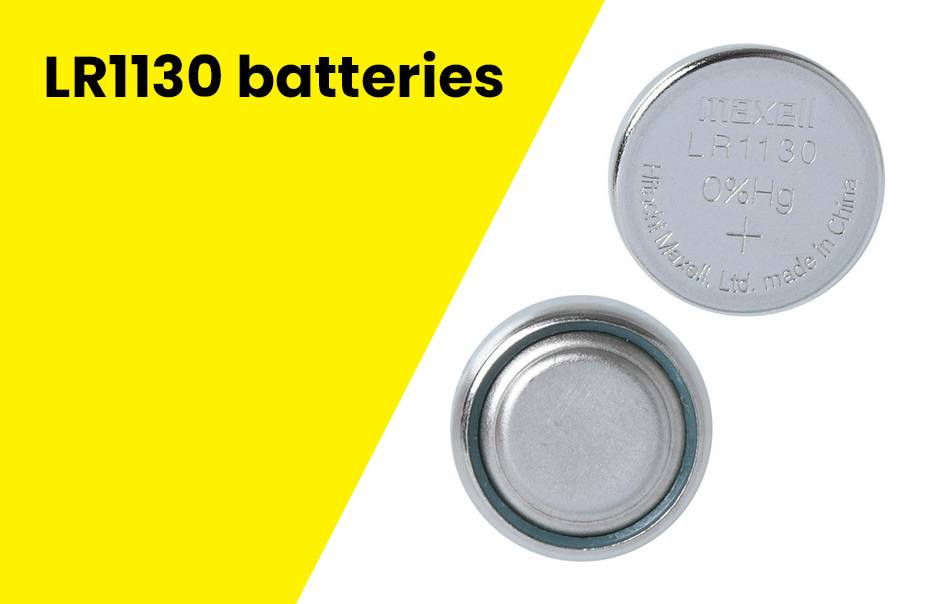- Forklift Lithium Battery
-
48V
- 48V 210Ah
- 48V 300Ah
- 48V 420Ah (949 x 349 x 569 mm)
- 48V 420Ah (950 x 421 x 450 mm)
- 48V 456Ah
- 48V 460Ah (830 x 630 x 590 mm)
- 48V 460Ah (950 x 421 x 450 mm)
- 48V 460Ah (800 x 630 x 600 mm)
- 48V 460Ah (820 x 660 x 470 mm)
- 48V 500Ah
- 48V 560Ah (810 x 630 x 600 mm)
- 48V 560Ah (950 x 592 x 450 mm)
- 48V 600Ah
- 48V 630Ah
-
48V
- Lithium Golf Cart Battery
- 12V Lithium Battery
12V 150Ah Lithium RV Battery
Bluetooth App | BCI Group 31
LiFePO4 Lithium
Discharge Temperature -20°C ~ 65°C
Fast Charger 14.6V 50A
Solar MPPT Charging - 24V Lithium Battery
- 36V Lithium Battery
- 48V Lithium Battery
-
48V LiFePO4 Battery
- 48V 50Ah
- 48V 50Ah (for Golf Carts)
- 48V 60Ah (8D)
- 48V 100Ah (8D)
- 48V 100Ah
- 48V 100Ah (Discharge 100A for Golf Carts)
- 48V 100Ah (Discharge 150A for Golf Carts)
- 48V 100Ah (Discharge 200A for Golf Carts)
- 48V 150Ah (for Golf Carts)
- 48V 160Ah (Discharge 100A for Golf Carts)
- 48V 160Ah (Discharge 160A for Golf Carts)
-
48V LiFePO4 Battery
- 60V Lithium Battery
-
60V LiFePO4 Battery
- 60V 20Ah
- 60V 30Ah
- 60V 50Ah
- 60V 50Ah (Small Size / Side Terminal)
- 60V 100Ah (for Electric Motocycle, Electric Scooter, LSV, AGV)
- 60V 100Ah (for Forklift, AGV, Electric Scooter, Sweeper)
- 60V 150Ah (E-Motocycle / E-Scooter / E-Tricycle / Tour LSV)
- 60V 200Ah (for Forklift, AGV, Electric Scooter, Sweeper)
-
60V LiFePO4 Battery
- 72V~96V Lithium Battery
- Rack-mounted Lithium Battery
- E-Bike Battery
- All-in-One Home-ESS
- Wall-mount Battery ESS
-
Home-ESS Lithium Battery PowerWall
- 24V 100Ah 2.4kWh PW24100-S PowerWall
- 48V 50Ah 2.4kWh PW4850-S PowerWall
- 48V 50Ah 2.56kWh PW5150-S PowerWall
- 48V 100Ah 5.12kWh PW51100-F PowerWall (IP65)
- 48V 100Ah 5.12kWh PW51100-S PowerWall
- 48V 100Ah 5.12kWh PW51100-H PowerWall
- 48V 200Ah 10kWh PW51200-H PowerWall
- 48V 300Ah 15kWh PW51300-H PowerWall
PowerWall 51.2V 100Ah LiFePO4 Lithium Battery
Highly popular in Asia and Eastern Europe.
CE Certification | Home-ESS -
Home-ESS Lithium Battery PowerWall
- Portable Power Stations
How Do I Choose the Right Amp-Hour (Ah) Battery?
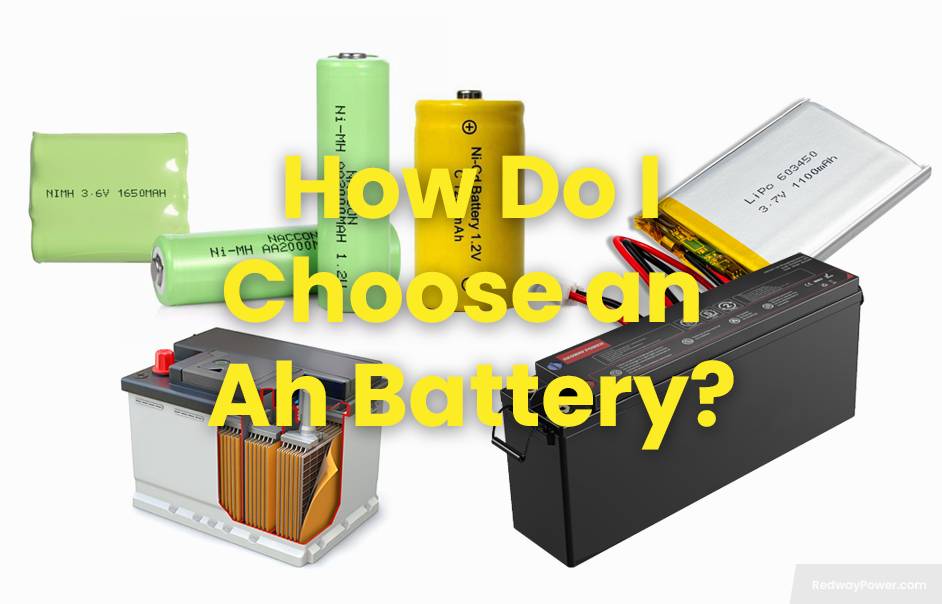
Choosing the right amp-hour (Ah) battery is crucial for ensuring that your devices operate efficiently and reliably. The Ah rating indicates how much energy a battery can deliver over time, making it essential to match this rating with your specific power needs. This article provides detailed guidance on selecting the appropriate Ah battery.
What is an Ah rating and why is it important for battery selection?
The amp-hour (Ah) rating measures a battery’s capacity to deliver a specific amount of current over time. For example, a 100Ah battery can theoretically provide 100 amps for one hour or 50 amps for two hours. Understanding the Ah rating is vital because it directly affects how long your devices will run before needing a recharge.Understanding Ah Chart
| Rating | Explanation |
|---|---|
| 20Ah | Suitable for small devices like smartphones |
| 50Ah | Good for powering medium-sized electronics |
| 100Ah | Ideal for larger applications such as RVs or boats |
| 200Ah | Commonly used in solar energy systems |
How do I assess my power needs when choosing an Ah battery?
To determine your power needs, consider the following steps:
- Identify Devices: List all devices you plan to power with the battery.
- Calculate Total Power Draw: Add up the wattage of all devices.
- Estimate Usage Duration: Determine how long you need each device to run.
For instance, if you have a device that consumes 50 watts and you want it to run for 5 hours, you would need at least a 50 watts×5 hours12 volts≈21 Ah battery.
What factors should I consider when selecting an Ah battery?
When choosing an Ah battery, consider these key factors:
- Application: Different applications require different capacities.
- Weight and Size: Higher Ah ratings often mean larger and heavier batteries.
- Battery Chemistry: Different chemistries (like lithium vs. lead-acid) have varying characteristics.
Factors Chart
| Factor | Consideration |
|---|---|
| Application | Determine specific use cases |
| Weight & Size | Balance capacity with portability |
| Battery Chemistry | Choose based on performance requirements |
How does depth of discharge (DoD) impact my battery choice?
Depth of discharge (DoD) refers to how much of a battery’s capacity has been used. For example, if you have a 100Ah battery and use 30Ah, your DoD is 30%. Different batteries handle DoD differently:
- Lead-Acid Batteries: Typically recommended to not exceed 50% DoD to prolong lifespan.
- Lithium Batteries: Can often be discharged up to 80-90% without significant damage.
Understanding DoD helps in selecting a suitable capacity based on your usage patterns.
How does voltage compatibility influence my choice of battery?
Voltage compatibility is critical because using a battery with incorrect voltage can damage your devices or result in inefficient operation. Always ensure that:
- Voltage Matches: The voltage rating of the battery matches your device’s requirements.
- System Compatibility: Consider whether your system can handle different voltages if switching types.
For example, if your device operates at 12V, using a 24V or lower voltage may lead to malfunction or damage.
What are the long-term cost considerations when selecting a battery?
While upfront costs are important, consider these long-term factors:
- Lifespan: Higher-quality batteries may cost more initially but last longer, reducing replacement frequency.
- Maintenance Costs: Some batteries require more maintenance than others, impacting overall costs.
- Efficiency: More efficient batteries can save money on energy costs over time.
Investing in a quality lithium-ion battery may have higher initial costs but can lead to savings in maintenance and replacements in the long run.Tips for Battery Wholesale Buyers
For those interested in OEM orders or wholesale purchases of batteries, consider these key points:
- Quality Assurance: Choose manufacturers known for their reliability and product quality.
- Compatibility Checks: Ensure that batteries meet specific requirements for performance and safety.
- Cost Efficiency: Compare prices across suppliers for competitive rates.
Redway Power, a reputable lithium battery manufacturer with over 13 years of experience, is an excellent choice for wholesale buyers seeking dependable products.
Redway Power Expert Views
“Choosing the right amp-hour rating is essential to ensure that your devices perform optimally without running out of power,” states an expert from Redway Power. “Understanding your specific needs and considering factors like DoD and efficiency will guide you in making the best choice.”
FAQ Section
- What does an amp-hour rating indicate?
An amp-hour rating indicates how much current a battery can deliver over time; higher ratings mean longer usage before recharging. - Can I use any voltage with my device?
No, always match the voltage of the battery with your device’s requirements to avoid damage. - How do I calculate my power needs?
List all devices, calculate their total wattage, and estimate how long they will run to determine required amp-hours.














